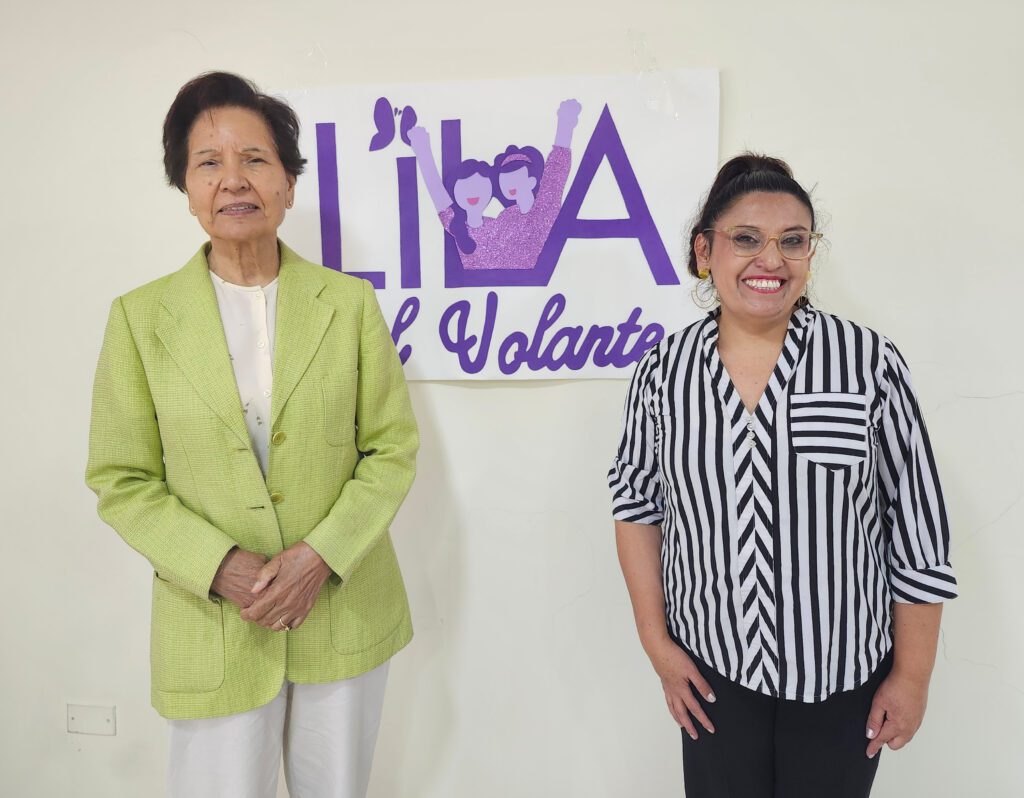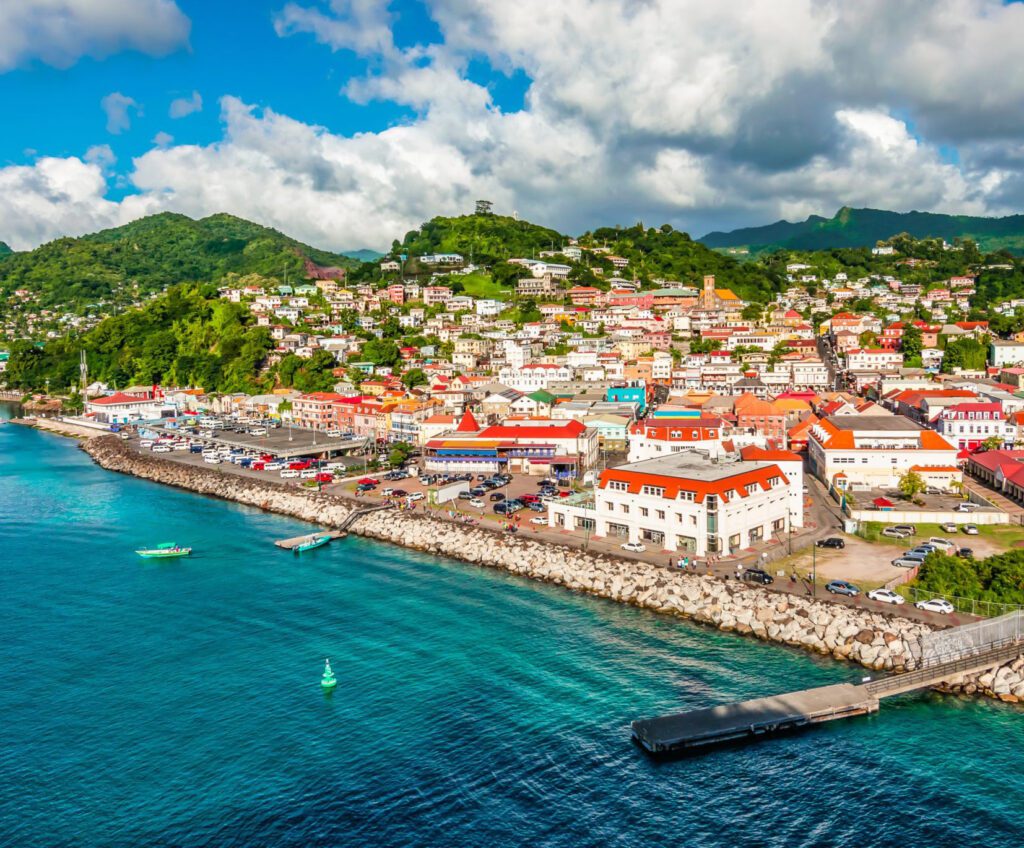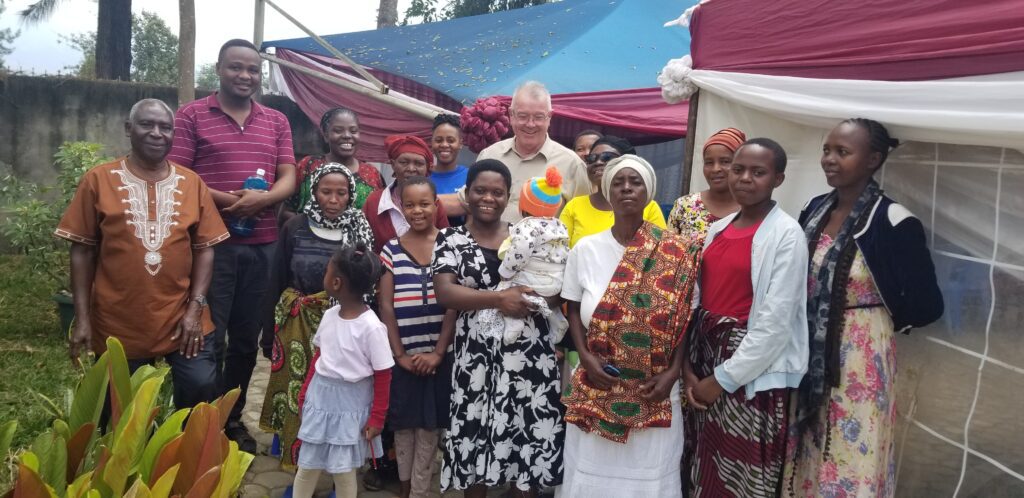Sharing an experience in Ecuador
I went to Ecuador as a CESO Volunteer Advisor to look at the potential for the development of a tourism industry in the Region Simiatug. Simiatug is a market town in the western Andes, and a centre for the surrounding region of small indigenous villages, or pueblos. To those of us used to sophisticated networks of public transportation and paved roads the Region Simiatug is a relatively remote part of the world. The first bus I travelled on contained one young man, several Kichwa women, and a good many bulging sacks filled with vegetables and other farm produce. There was a sign behind the drivers’ partition that read, “No traigas a tu cerdo aquí. Póngalo abajo con el equipaje”—“Don’t bring your pig in here. Put it down below with the luggage.”
While I was waiting for the bus to come—with miles of empty track stretching up and down the valley—I asked my guide from the pueblo of Pambucloma when the next bus was expected. He looked at me and shrugged his shoulders. “It comes when it comes,” he said.
The Kichwa, the native people of this part of Ecuador, are direct descendants of the Incas. Many lead a pastoral, farming life on what is extraordinarily challenging terrain of high mountains and deep, steep-sided valleys. Visually the region is stunningly beautiful; think of Switzerland and multiply its geographical attributes by a sizeable factor, and you’ll get the idea. There is a reason why this area is known as ‘El Cielo en la Tierra’—Heaven on Earth.
Miercoles Mercado—Wednesday Market Day in Simiatug—was a mixture of chaos and theatre. The whole day was a riot of colour and noise which started at the crack of dawn with truck and wagon loads of people coming in from the surrounding pueblos. They brought with them an astonishing range of farm produce. Animals were led through the streets to places where they would be sold or auctioned. Trucks, buses and wagons tried to squeeze through impossible gaps. Stalls with tarpaulin roofs appeared magically in previously empty streets and lanes, ready to sell everything from transistor radios, building hardware, farm implements and knock-off clothing to grilled chicken legs, succulent bakery products, hamburguesas, and cuy. Magically it all worked, and it was hugely entertaining. Almost everything was conducted in an atmosphere of great good humour. People greeted one another like long-lost family, even though it had only been a week since the last market.
In the more than thirty years she has lived in and around Simiatug, a remarkable character by the name of Cornelia Kammermann has done a tremendous amount of work to organise the craft products that result from the innate skills of the people of this region. Originally from Lausanne in Switzerland, Cornelia has lived for more than thirty years in and around Simiatug. Working closely with the Kichwa people she has found markets for a great range of attractive, colourful and well made products crafted from natural fibres and plants. The markets she has found range from high-end stores in Quito, to boutiques in northern Italy. At a meeting in the village of Pambucloma I watched three women working together to strip the white fibres from agave fronds, hand-spin them into threads, and then weave the most intricate container for carrying personal items. All this while the meeting was progressing and they were taking part in the discussion.



